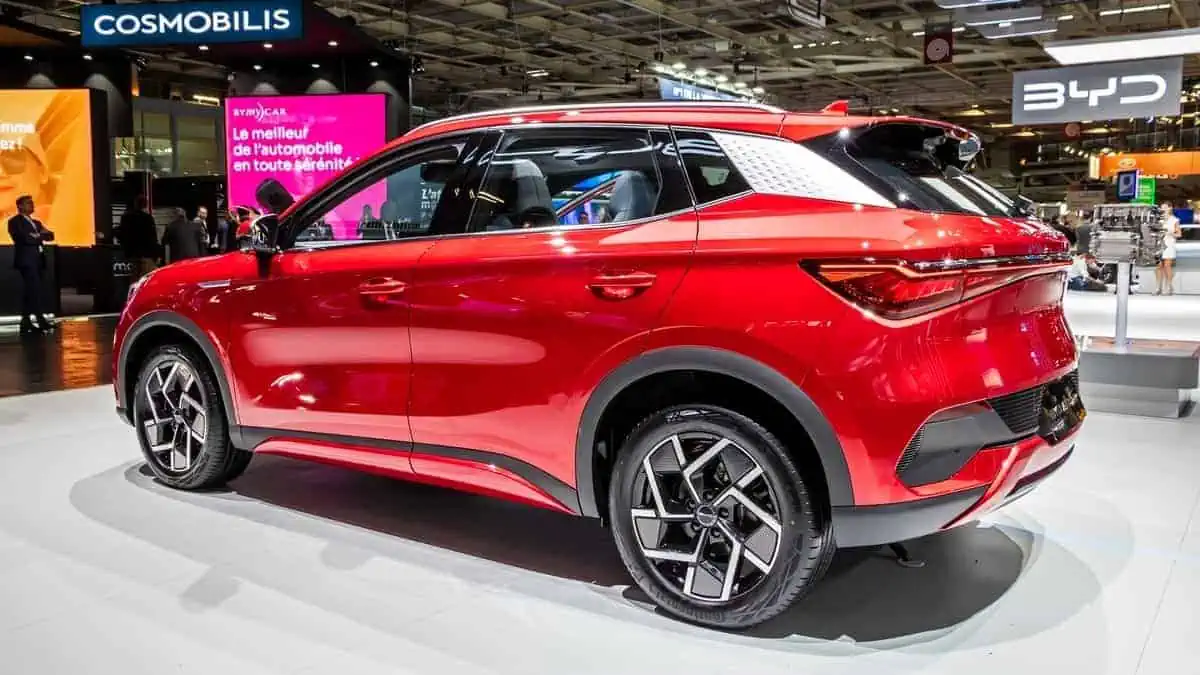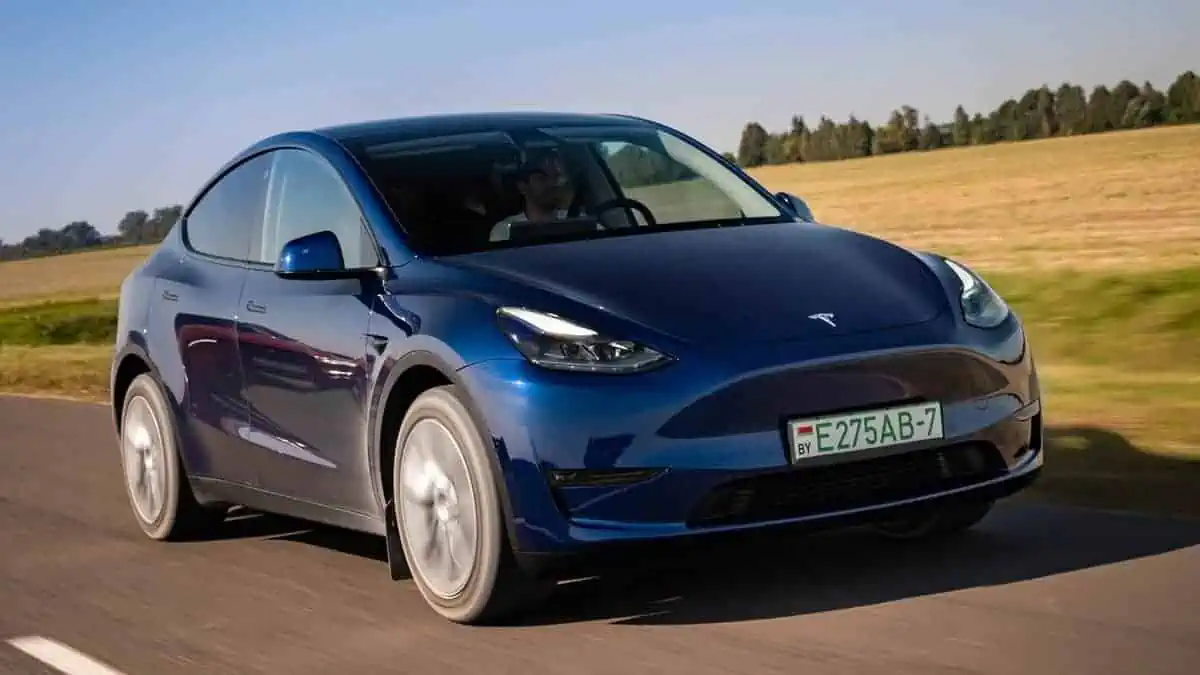China’s BYD plans to form a local joint venture with South Korea’s KG Mobility for a new electric vehicle battery factory in the East Asian country, Reuters reports citing an unnamed source.
The potential project will aid both companies in securing sufficient battery supply for their own business prospects.
BYD seeks to expand its customer base
The joint venture reportedly intends to begin volume production as early as January 2025.
Notably, this potential partnership would signify the first-ever joint battery factory development between a Chinese and South Korean EV player.
According to industry analysts, BYD’s intention to penetrate the South Korean battery industry will enable the company to tap a new customer base.
It can potentially steal a significant portion of the battery market from local leaders LGES, Samsung, and SK On.
“It is indeed a significant event, a major cell maker like BYD having production capacity in South Korea, where local cell makers have not yet mastered technology to offer low-cost batteries BYD could offer to automakers.”
Hyundai Motor Securities Analyst Kang Dong-jin
As the report noted, BYD’s battery technology is lithium-iron-phosphate (LFP), which is cheaper to produce than the South Korean trio’s nickel-cobalt-based batteries.
Therefore, the potential JV can compete with the local battery makers dominating the global market.
See Also:
- BYD, CATL, Eviation Aircraft, ZeroAvia, Octopus Energy, Kia, Albemarle in Time’s ‘100 Most Influential Companies 2023
- EV battery market leader CATL reported shares decline in January, BYD increases
- BYD battery manufacturing expansion: $1 billion plant in India, Sodium-ion batteries in China
- China’s biggest diesel engine firm partners with BYD for battery supply
- China EV battery deployment surged 89.4% in April, BYD overthrows CATL in the LFP market
BYD’s intentions to establish domestic battery production in South Korea will support its efforts in securing enough supply for its EV models.
Moreover, it will also enable the Chinese automaker to comply with Biden’s Inflation Reduction Act. It requires companies to source 40% of their battery component from the US or free trade partners to benefit from the $3,550 tax credit.






